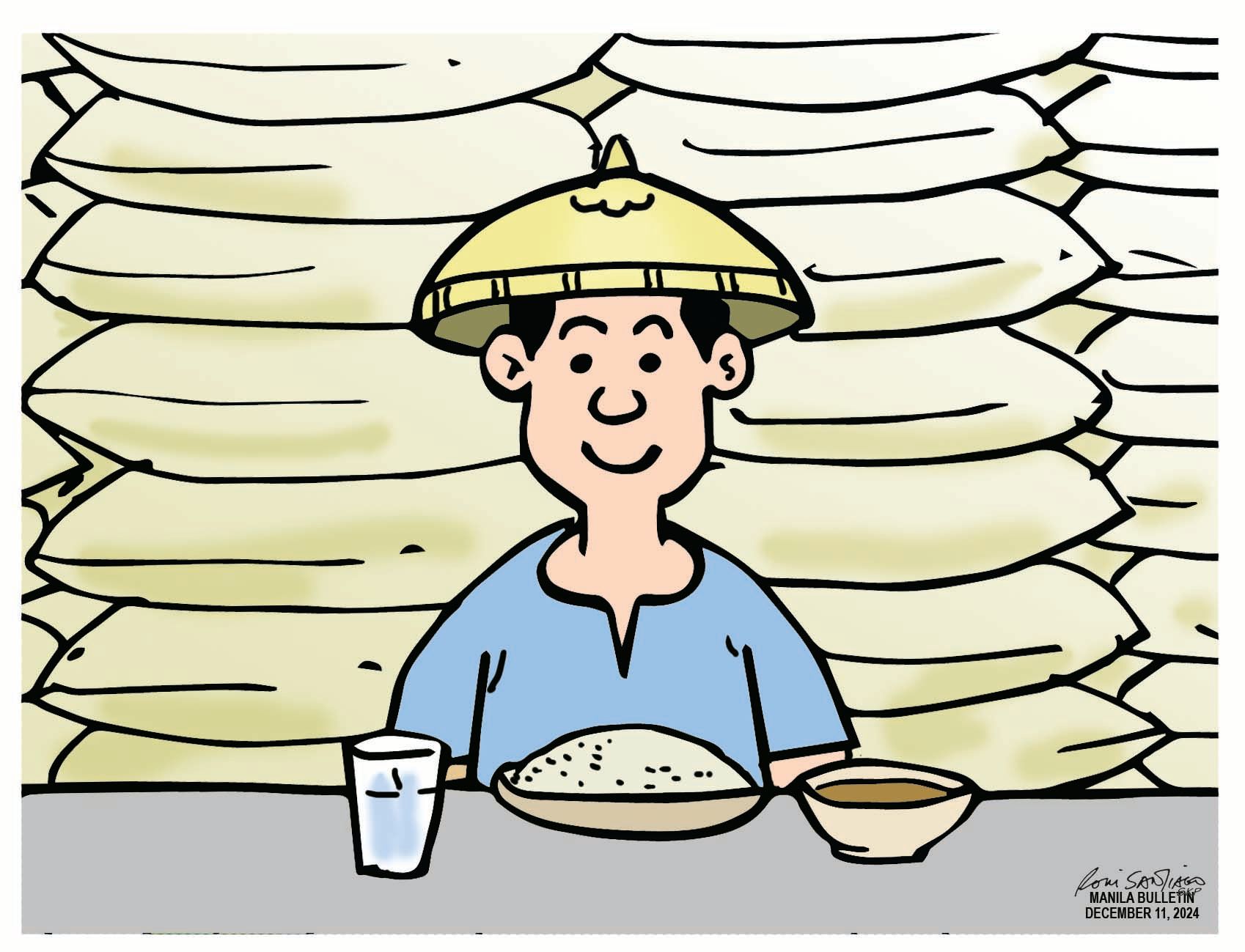
Will the series of challenges besetting the country — ranging from rice supply shortages to soaring prices as well as systemic issues like smuggling and market manipulation — finally come to an end? These problems have been threatening the livelihoods of millions of rice farmers and putting the nation’s food security at risk.
President Marcos and Speaker Martin Romualdez are optimistic that the signing of Republic Act No. 12078, the amendment to the Agricultural Tariffication Act (ATA), on Dec. 9, 2024, is a crucial response to these pressing issues. This landmark law, which amends the Rice Tariffication Law (RTL) of 2019, promises to address the supply-demand imbalances, stabilize rice prices, protect local farmers, and ensure the country’s food security.
For decades, the Philippines has struggled to meet its domestic rice demand, relying heavily on imports to fill the supply gap. Dependence on foreign rice leaves the country vulnerable to external factors like price fluctuations in the global market, natural disasters, and trade disruptions. At times, this has led to sudden spikes in rice prices.
RA 12078 provides a more structured and sustainable approach to balancing domestic rice production and importation. By enhancing the implementation of tariffs on imported rice, the law encourages steady imports while ensuring that they are regulated in a way that will not flood the market and undermine local farmers. The new tariff system enables a more predictable supply of rice, which will help stabilize the market and reduce price volatility.
A critical feature of the law is the use of revenue generated from these rice tariffs to fund the Rice Competitiveness Enhancement Fund (RCEF) — which was increased from ₱10 billion to ₱30 billion annually. This fund is earmarked for programs that boost the productivity of local rice farmers — such as providing access to modern farming equipment, improved seed varieties, irrigation systems, and training in new agricultural technologies. By helping local farmers increase their yield, RA 12078 will reduce the country’s dependence on imports in the long term, addressing the issue of rice supply shortages more sustainably. This is an important step toward ensuring long-term food security.
By stabilizing the supply chain and improving local production, RA 12078 enhances the country’s ability to withstand future crises, whether due to climate events, global trade disruptions, or other factors, and ensures that rice remains affordable and accessible to all Filipinos.
Another pressing issue facing the country is the volatile rice prices. Fluctuating prices, often driven by speculative trading and inadequate supply chains, exacerbate the situation. With RA 12078, the government aims to stabilize prices by creating a more transparent and regulated market for rice.
The amendment strengthens mechanisms for tracking and monitoring rice imports, ensuring that rice is distributed fairly and equitably. The regulation of tariffs on rice imports helps prevent the uncontrolled influx of cheap rice that could destabilize local prices, making rice more affordable for consumers. By striking a balance between imports and local production, the law provides a way to keep prices within reach of ordinary Filipinos.
RA 12078 also strengthens regulatory mechanisms to address price manipulation — in which unscrupulous traders hoard rice to artificially drive up prices — and rice smuggling that have long plagued the country’s rice market and deprives the government of revenue. With enhanced monitoring systems and stricter enforcement of importation rules, the law makes it more difficult for traders to manipulate the market or engage in illegal activities.
As the country continues to navigate an unpredictable global market, RA 12078 provides a foundation for a more resilient, self-sufficient, and food-secure nation, thus helping ensure a stable economy.